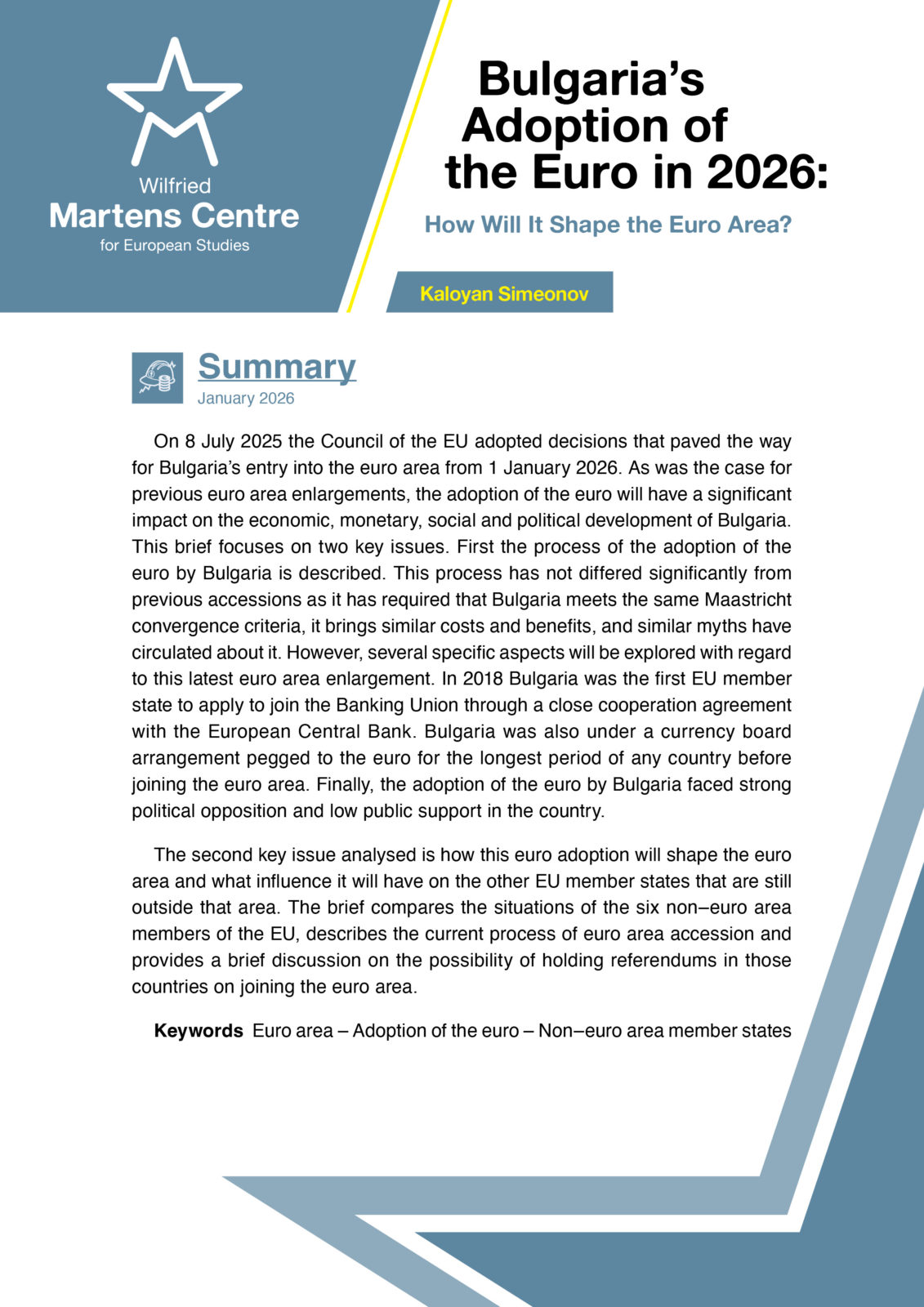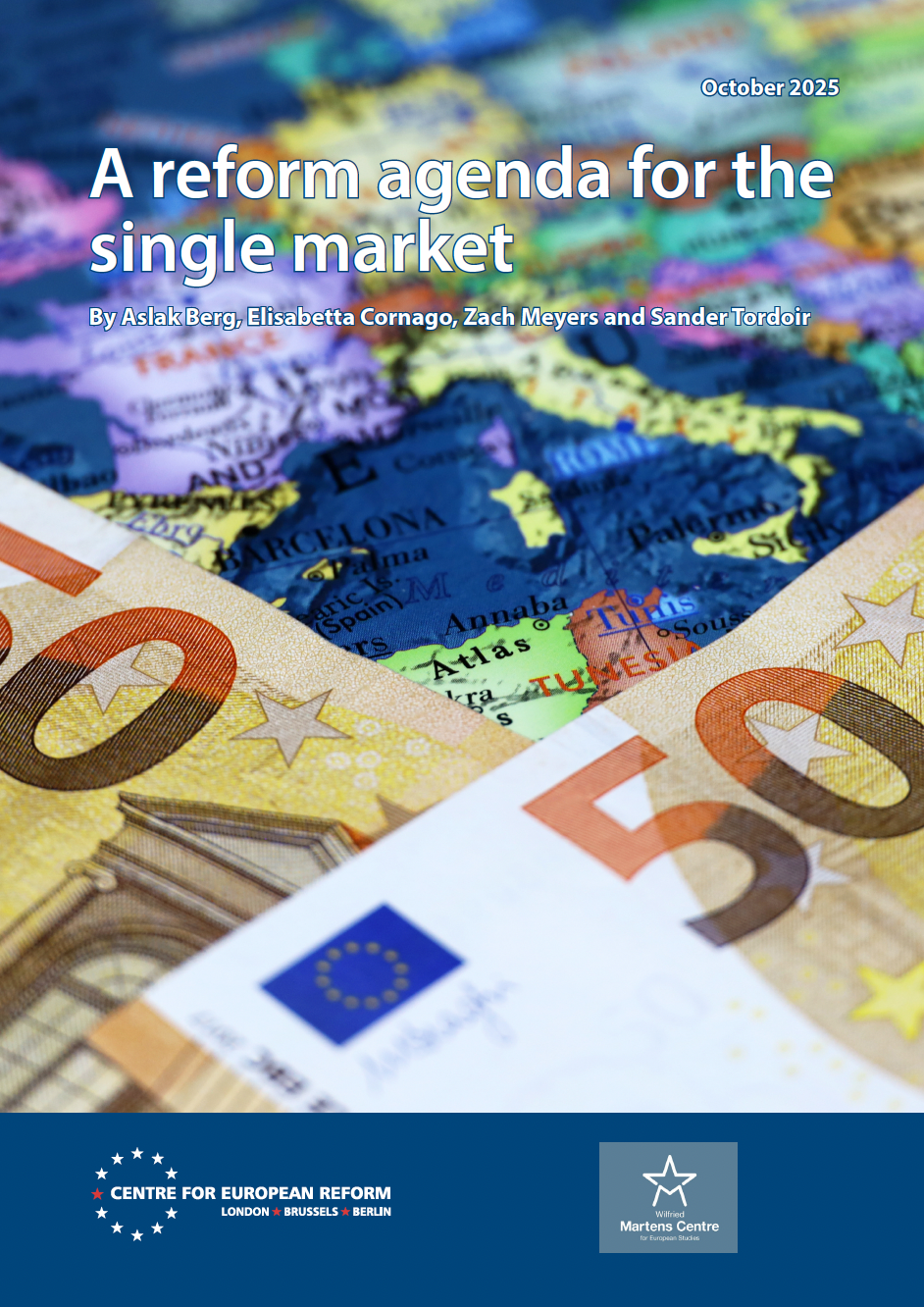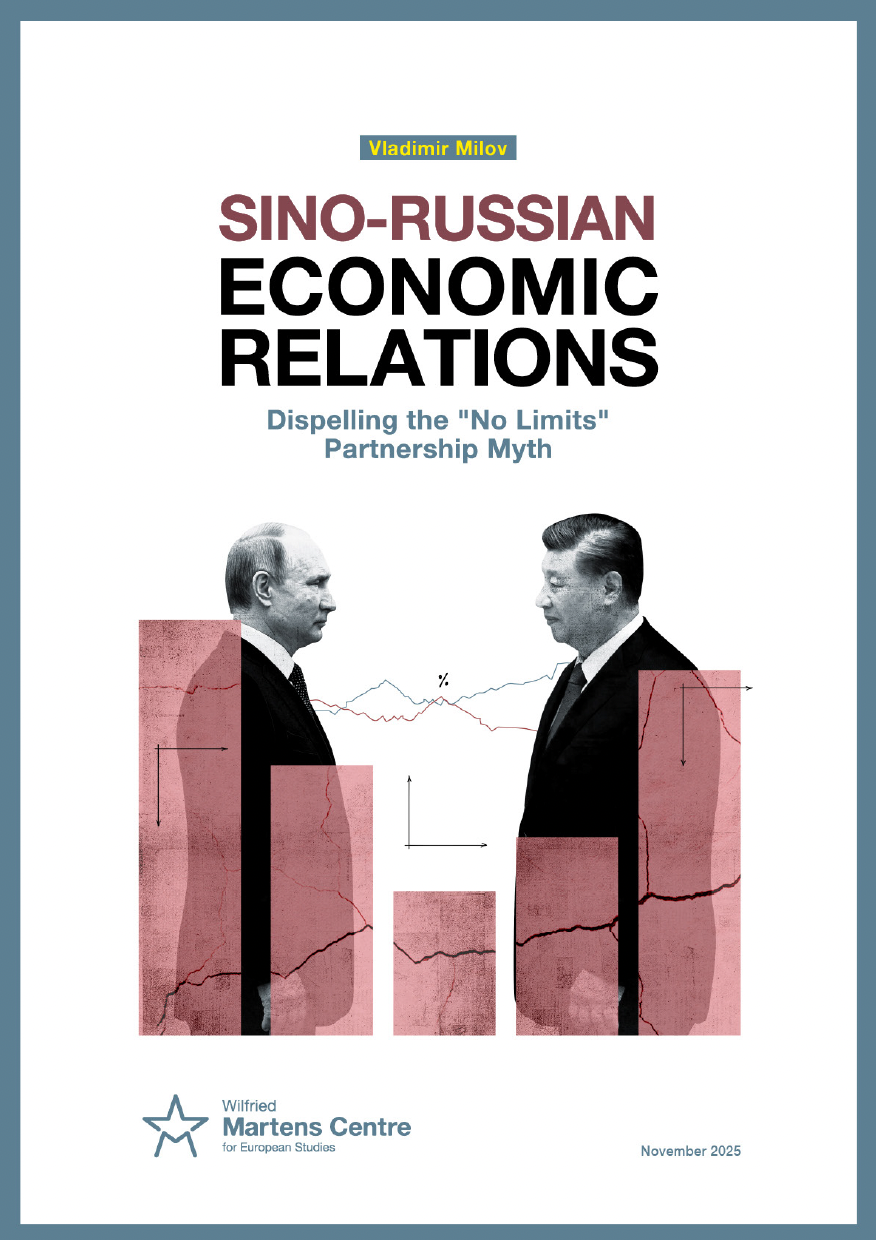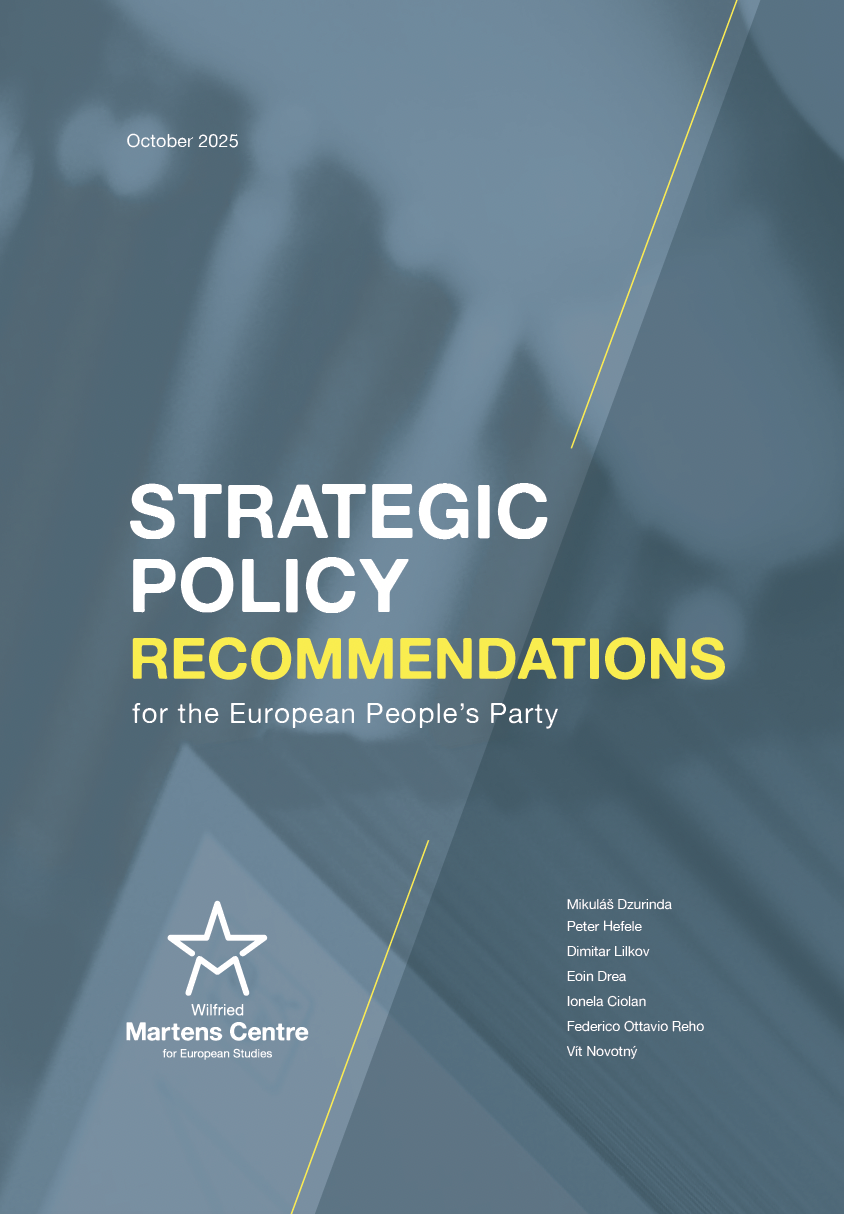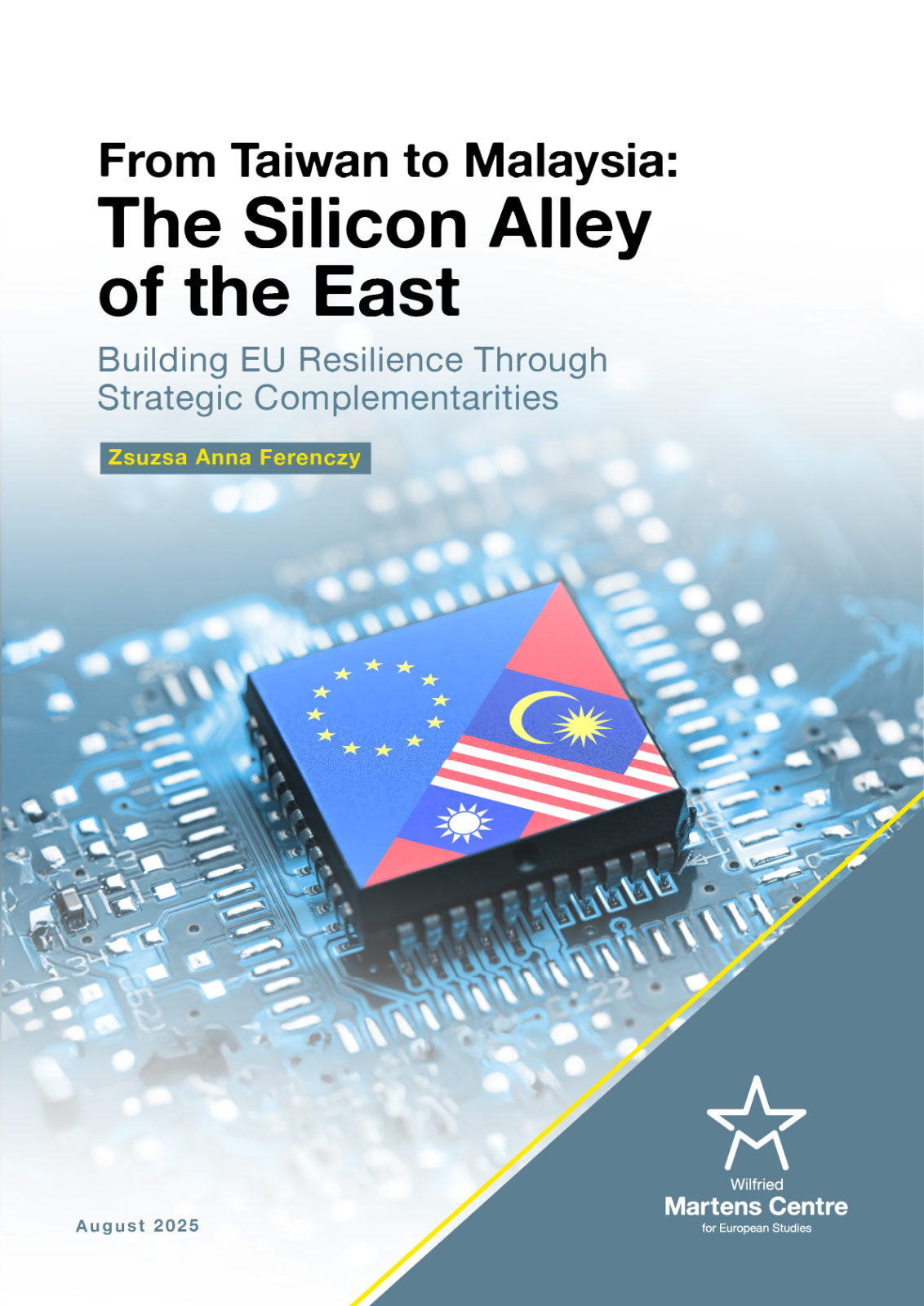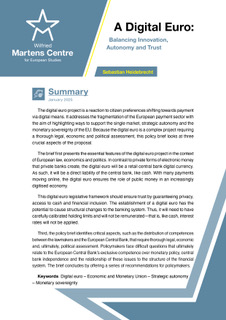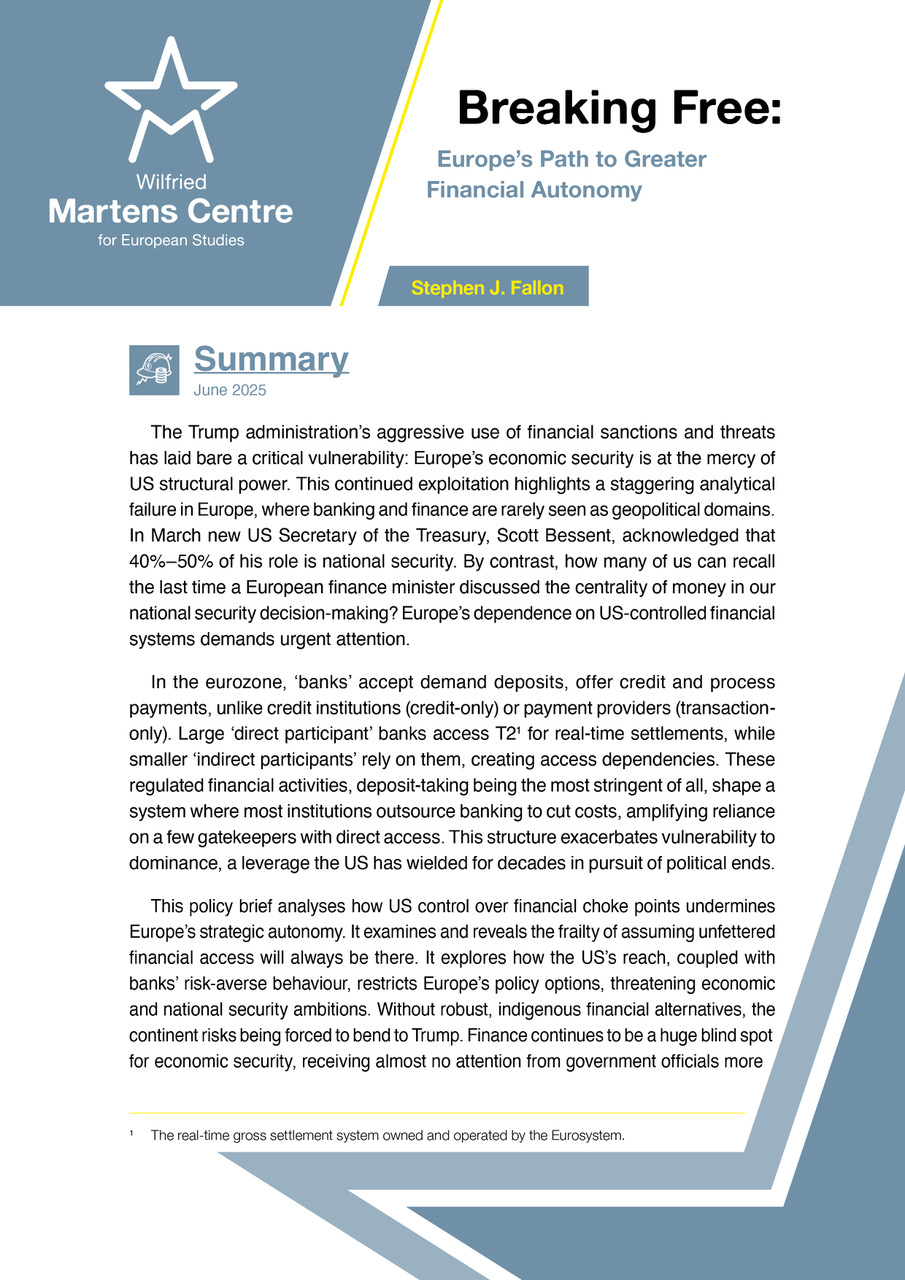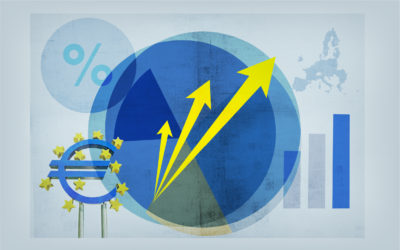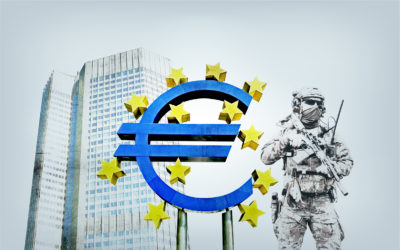The Trump administration’s aggressive use of financial sanctions and threats has laid bare a critical vulnerability: Europe’s economic security is at the mercy of US structural power. This continued exploitation highlights a staggering analytical failure in Europe, where banking and finance are rarely seen as geopolitical domains. In March new US Secretary of the Treasury, Scott Bessent, acknowledged that 40%–50% of his role is national security. By contrast, how many of us can recall the last time a European finance minister discussed the centrality of money in our national security decision-making? Europe’s dependence on US-controlled financial systems demands urgent attention.
In the eurozone, ‘banks’ accept demand deposits, offer credit and process payments, unlike credit institutions (credit-only) or payment providers (transactiononly). Large ‘direct participant’ banks access T21 for real-time settlements, while smaller ‘indirect participants’ rely on them, creating access dependencies. These regulated financial activities, deposit-taking being the most stringent of all, shape a system where most institutions outsource banking to cut costs, amplifying reliance on a few gatekeepers with direct access. This structure exacerbates vulnerability to dominance, a leverage the US has wielded for decades in pursuit of political ends.
This policy brief analyses how US control over financial choke points undermines Europe’s strategic autonomy. It examines and reveals the frailty of assuming unfettered financial access will always be there. It explores how the US’s reach, coupled with banks’ risk-averse behaviour, restricts Europe’s policy options, threatening economic and national security ambitions. Without robust, indigenous financial alternatives, the continent risks being forced to bend to Trump. Finance continues to be a huge blind spot for economic security, receiving almost no attention from government officials more focused on which goods we buy and sell, but not how we pay for them. Europe must re-examine the status quo to understand the interplay between banks and non-banks.
To counter this vulnerability, Europe must pursue strategic financial autonomy, defined as the condition whereby European actors can operate free from foreign coercion and sovereign entities can reliably implement policy through financial channels without external interference, a goal this brief advances through targeted recommendations. These include building a more resilient financial ecosystem, promoting euro-denominated liquidity and mitigating extraterritorial legal risks to ensure Europe’s policies are not subject to external vetoes or negation.
